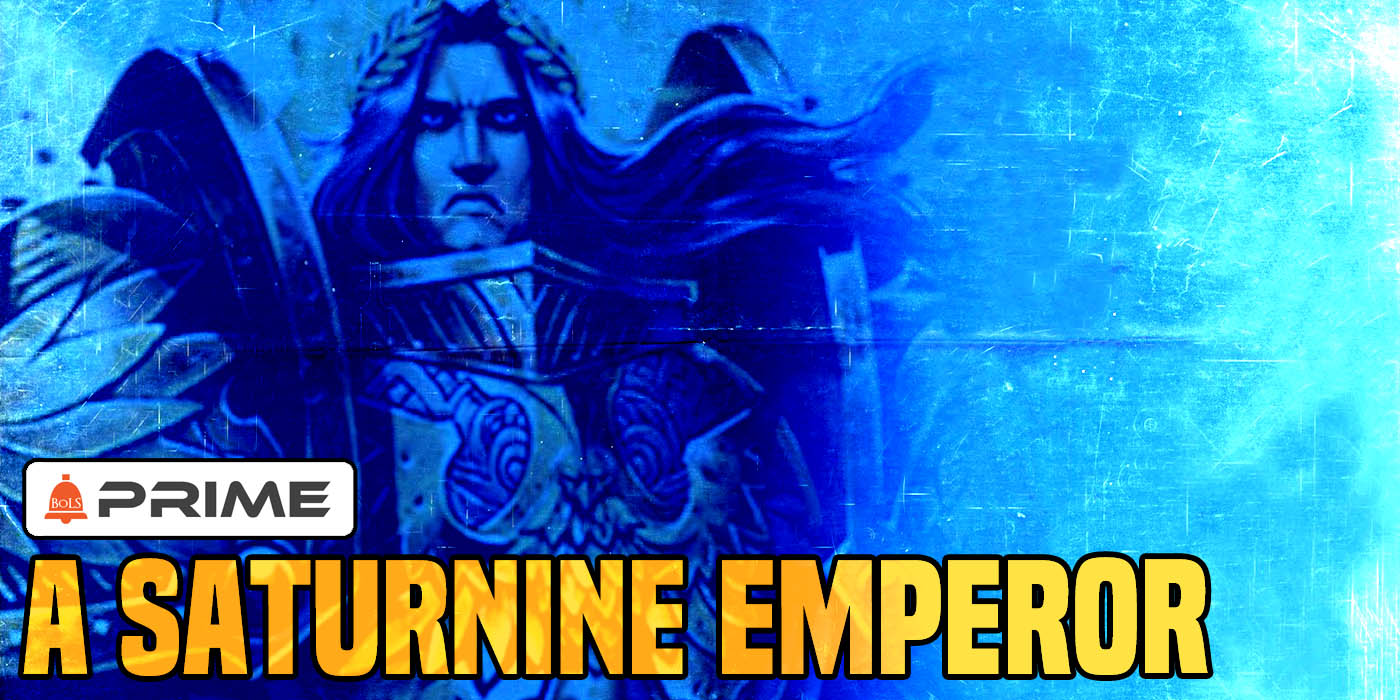Today let's talk about a godly aspect of the Emperor of Mankind and its deadly implications for his children.
The Emperor has many aspects. As one of the most important parts of Warhammer 40,000 He is both one of the most written about characters, and also the most mysterious. One of His many aspects, brought up in recent books is His Saturnine aspect. Let's talk about what that means.
From The Text
The idea of the Emperor having a Saturnine nature is bought up in, appropriately, the novel Saturnine. During a conversation between Erda and John Grammaticus, they have the following exchange:
"'He has never listened, never learned,' said Erda. 'In the cycles of old lore, He is Saturn. Inflexible authority.
'What?' asked John.
'He is Saturn. He is Cronus. He is Oanis. It depends on your pantheon.'
'You don't believe in gods.'
'I don't,' she said. 'But the symbols have always intrigued me, and through the ages He has styled himself on many of them, for effect. Mithras, the soldier-god, Tyr Hammerhand, the Wolf of the Romannii, Arawn, Enlil of Storms, Maahes the lion-headed, Seth. And Saturn, most of all. The father-god. The maker. In the acroamatic texts of alchemy, Saturn is glyphed ...

